Email: [email protected]


Table of Contents
ToggleThere are certain things that are mandatory to be found on your CV, and there are things that you should not be caught writing on your curriculum vitae, while others are just not necessary. In this article, you will get to know what you have been doing right or wrong on your CV.
A curriculum vitae is a summary or breakdown of one’s professional documents, which include their education, experience, skills, and accomplishments. This concise detail describes you and your experiences and gives your employer the ability to quickly get a sense of who you are and what you’re capable of doing for their company.
Your name remains your number one identity, and on your CV, it must be boldly written on the top center of your document, preferably in block letters. It should be the first thing anyone who grabs your document is able to see without straining their eyes. Most importantly, it must be in full and without mistakes. Your name is your primary identifier and will enable your employer to call you by your original name during the interview. Your surname and first name will be enough, so there will be no need to include your middle name at this point since it’s not a legal filing.
Your date of birth is not a necessity when writing your CV. It is optional and not mandatory. We recommend you write it if the job description requires it or only when it is required by your employer. And whenever your date of birth is required, endeavor to write it in the dd/mm/yyyy format. That is, if you were born on the 20th of March, 2001, it should be written this way: 20/03/2001.
Your contact in this context refers to your email and your telephone number. It enables your employer to reach you when you finally get the job or when, unfortunately, you do not. Whichever way, your employer is supposed to have your contact details so they can either get back to you concerning the role or for other purposes. On the other hand, your location is not necessary to be included on your CV. Your employer does not necessarily need to know your location and address. So, not including it on your CV won’t disqualify you in any way.
Your education is the major reason for writing your curriculum vitae, so it must be detailed. They are degree holders that go ahead and list their educational background right from kindergarten, primary education, secondary education, and up to higher institutions. All those are not of any importance at all. Your educational background on your CV should only include your highest level of schooling. While on this section, knowing that just your highest educational qualification is pertinent, you should note that the name of the educational institution should be written in full, which includes the location; your degree must be described; and your field of study must be stated in full. Also note that if you are still in school but have not yet graduated, you should also detail your ongoing qualifications and school in full, and then include the year you started and the year you’ll be graduating. If you have multiple degrees, do well to include them. The aim of this section is to reveal to your employer your area of knowledge and expertise. Also include any special honors and awards that you’ve earned.
Your experiences will be more important if you graduated a long time ago. Your employer will focus more on your work history if you have been working for several years. If you have a lot of work experience, place the section before your education section. But if you don’t have any or much work experience, place your education section first. In the work experience section, please emphasize more the knowledge and experience you’ve had that are necessary for the current position you’re applying for. This section can either make or mar your chances of landing the job. So you must want to make it easy for your employer to get a glimpse of your value immediately.
This section shows your employer that you have the abilities and what they’ll be needing from you for that position, so make sure you sell yourself in this area. Now, you must note that the skills you have must be in line with what your employer is searching for. For example, if your employer says “We are looking for a communication specialist who is technically competent and can work with a team…”. In this example, the key words are communication, technically competent, and team-worker. If you have these skills that have already been mentioned by your employer, you must ensure you add them to your skill list. You can also list your skills and how you have used them in the past.
The format you should use for your curriculum vitae should be Arial, Calibri, or Times New Roman. Your CV can also stand out when you make use of Garamond, Classic, Georgia, Helvetica, and Cambria. We recommend you go with 10–12 pt for normal text and 14–16 pt for section titles and headers. Your CV must follow this format: contact information, personal statement, work experience, educational history, and skills.
While including all the necessary information outlined above, your curriculum vitae (CV) must be as short and concise as possible.
As important as the CV itself is, the name you use to save the file is also necessary. You should save your CV file and keep it as official as possible. For instance, file names like “My CV” or “Cindy-Baby.pdf” should not be used. You must endeavor to put your official name first while saving your CV. File names such as Smith John or Smith John-Customer Service will help your employer know whose CV it is at a glance.
While writing your CV, please go straight to the point and ensure to avoid exaggeration. Some people might decide to include lots of experiences they didn’t earn so as to increase their chances of getting the job. We tell you, it is so wrong in all its ramifications. Please only include education qualifications, work experiences, and skills you’ve truly earned.

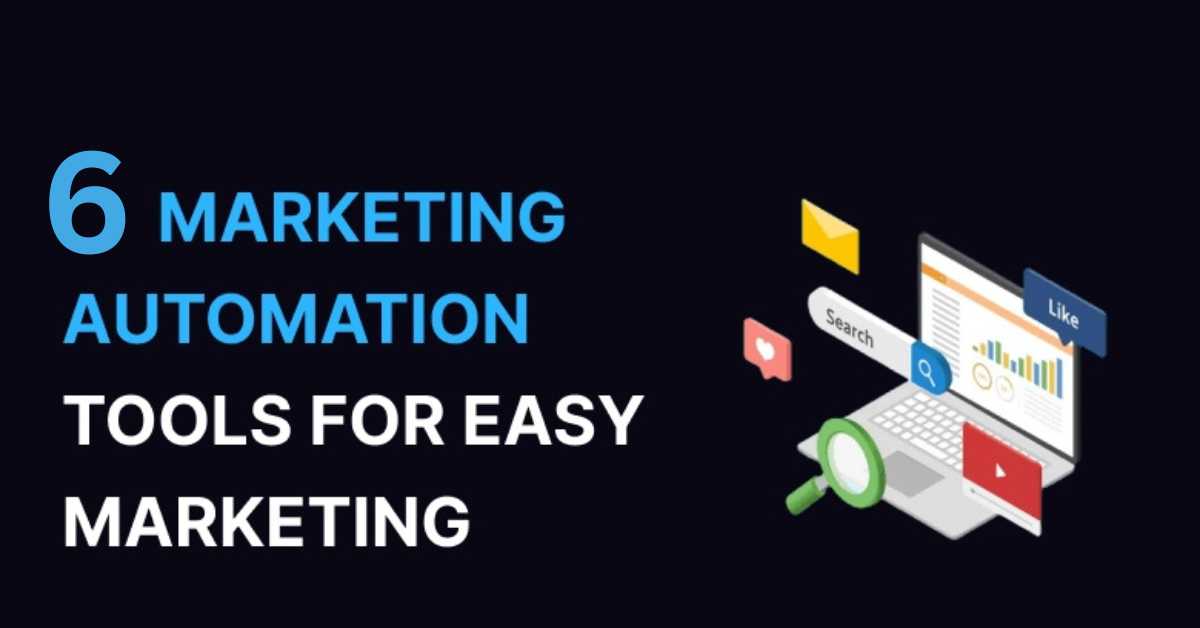
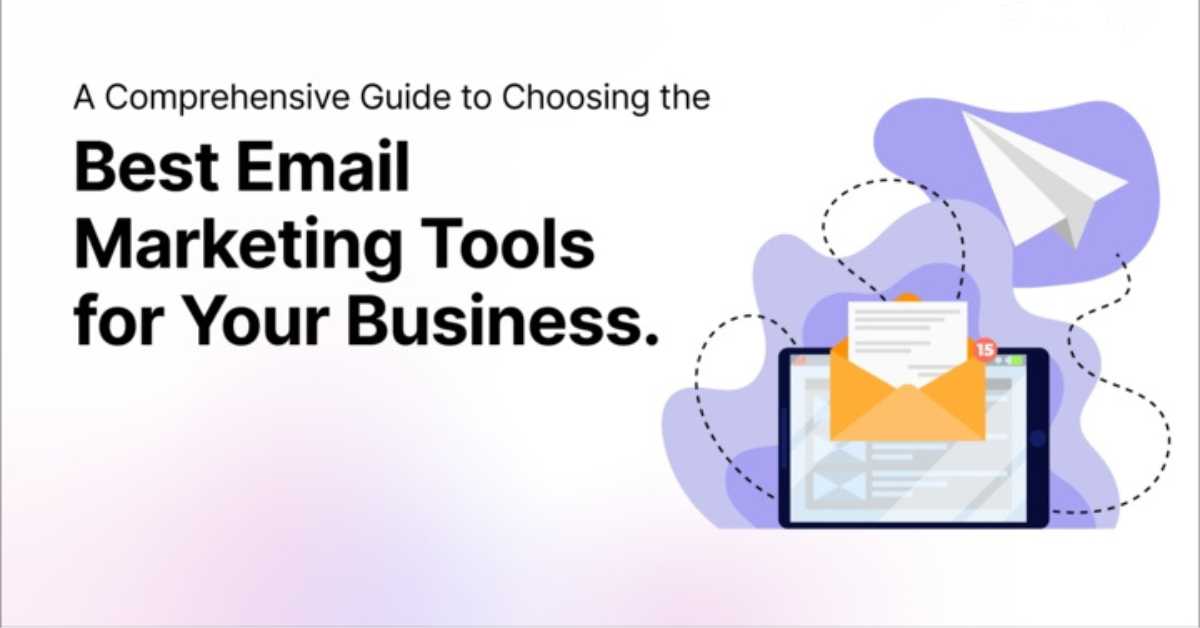



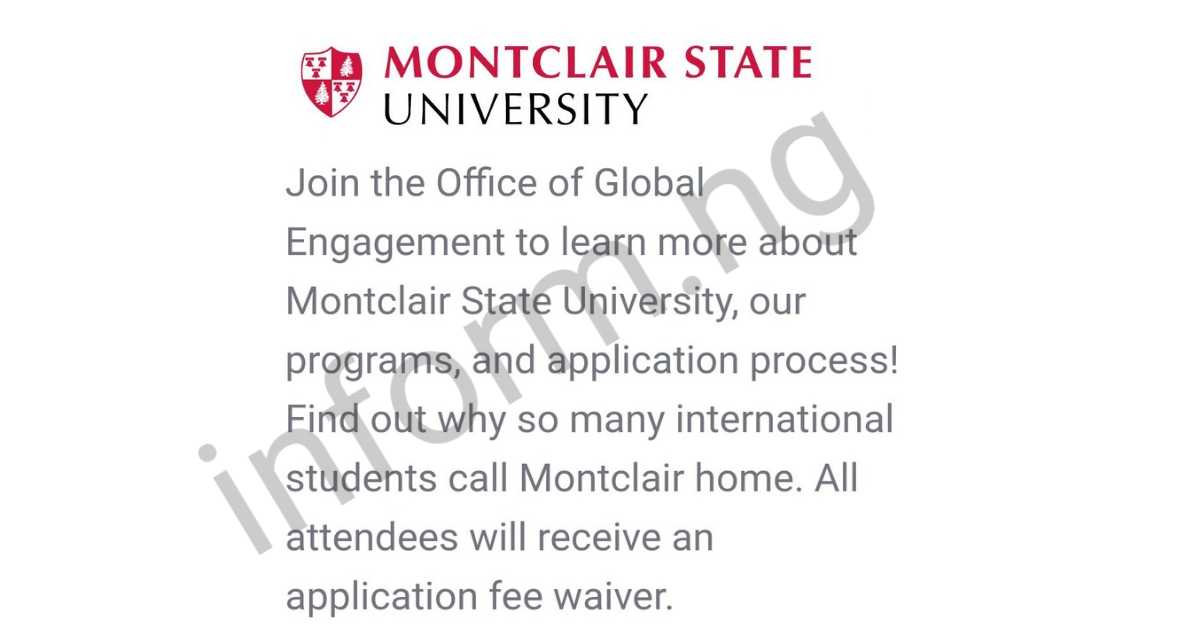
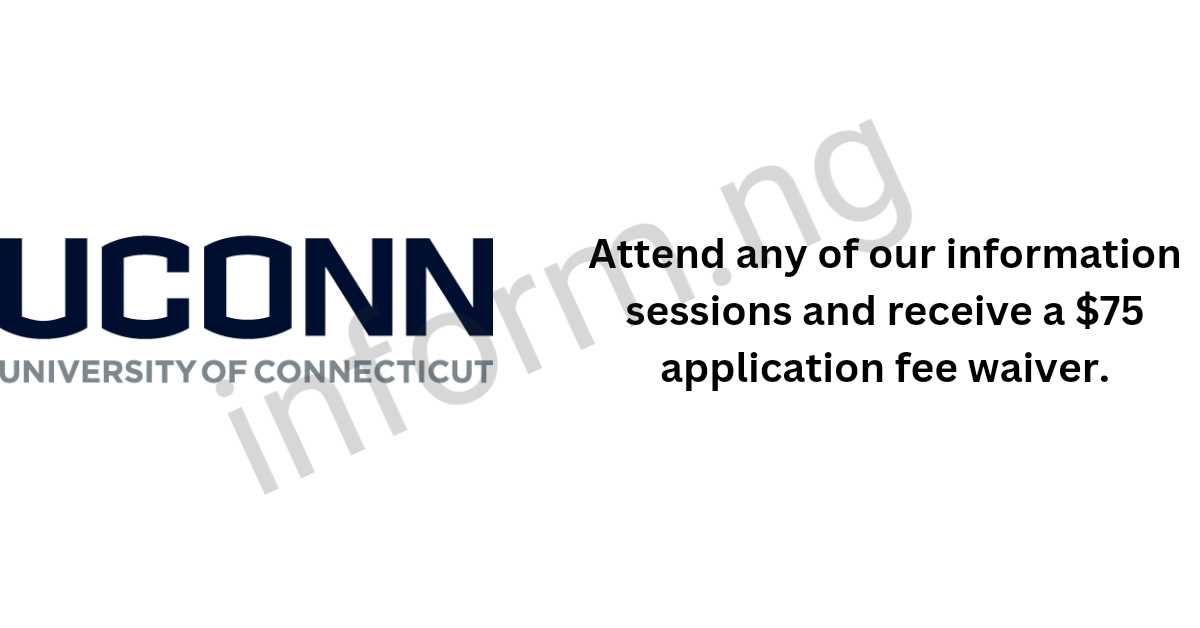
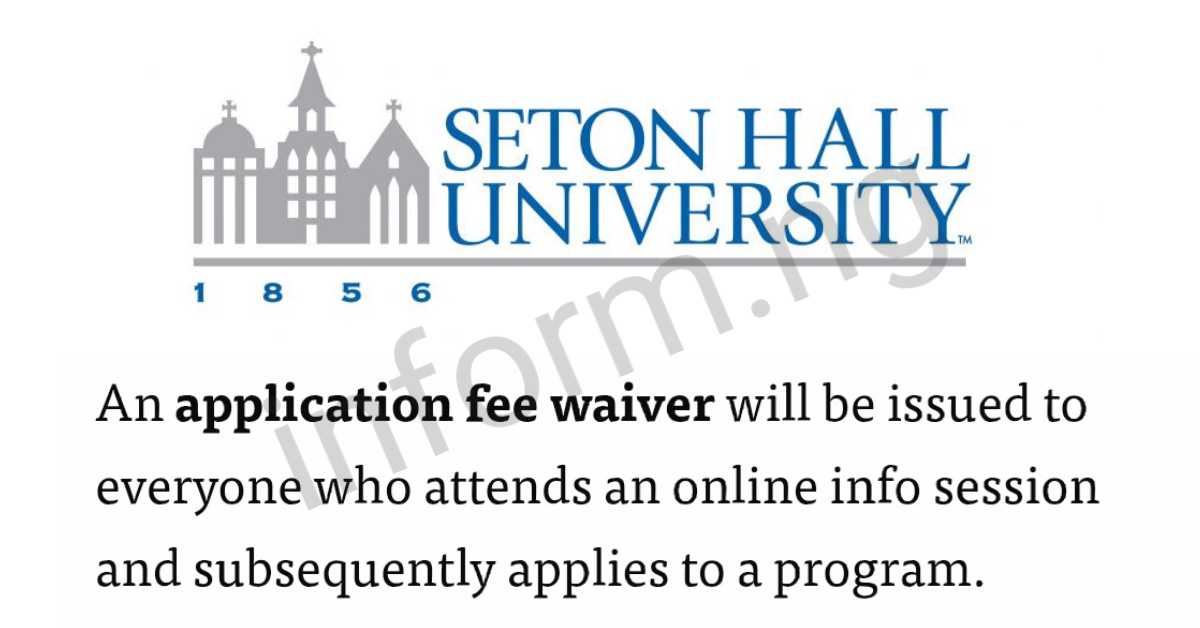
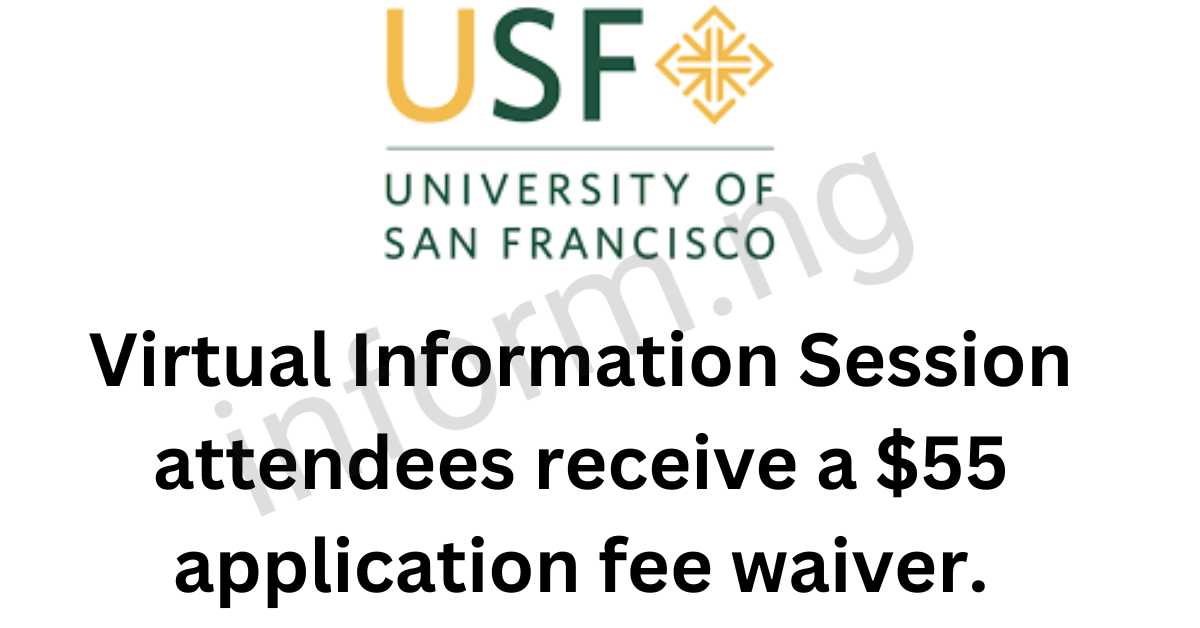
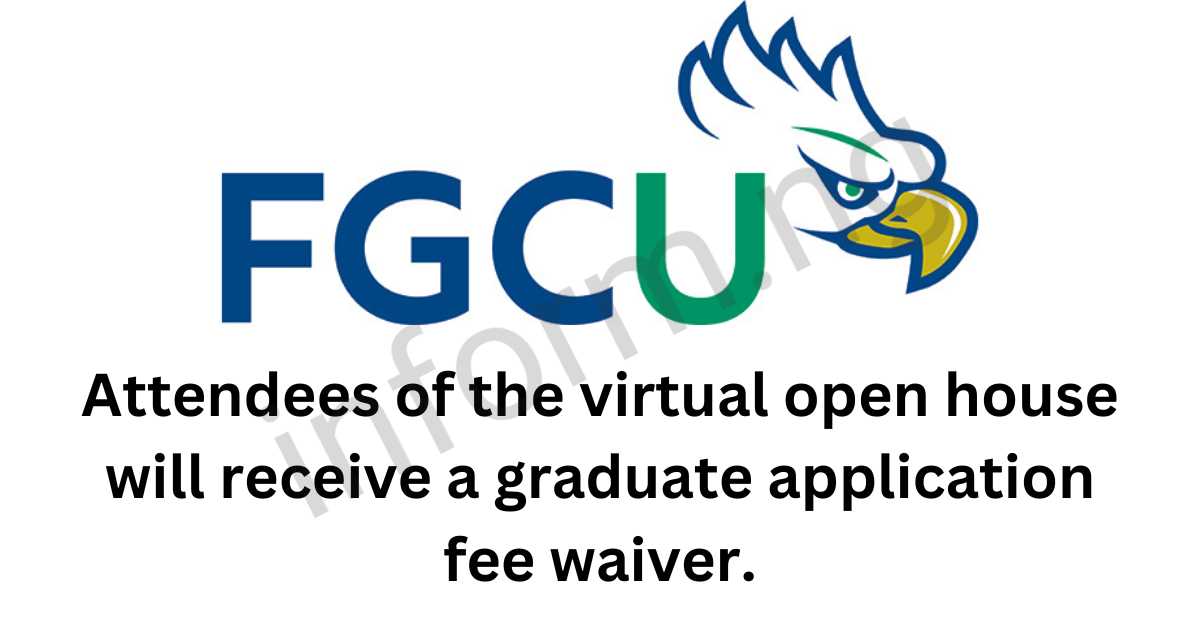
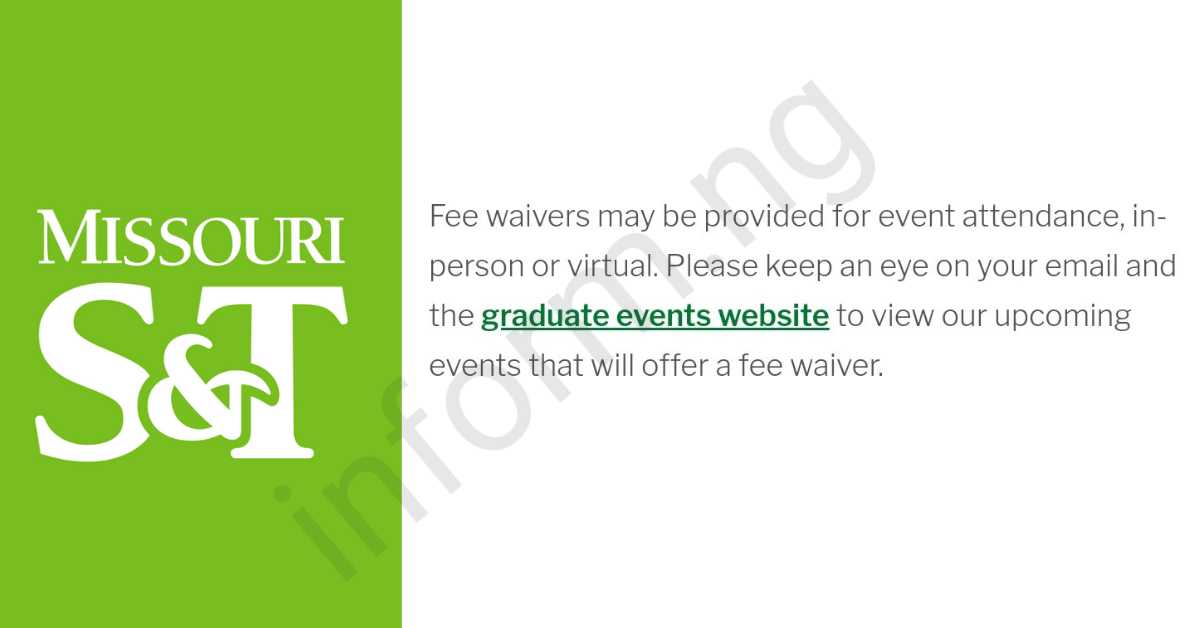
Don’t miss our future updates! Get Subscribed Today!
©2024. Inform. All Rights Reserved.
To provide the best experiences, we and our partners use technologies like cookies to store and/or access device information. Consenting to these technologies will allow us and our partners to process personal data such as browsing behavior or unique IDs on this site and show (non-) personalized ads. Not consenting or withdrawing consent, may adversely affect certain features and functions.
Click below to consent to the above or make granular choices. Your choices will be applied to this site only. You can change your settings at any time, including withdrawing your consent, by using the toggles on the Cookie Policy, or by clicking on the manage consent button at the bottom of the screen.
